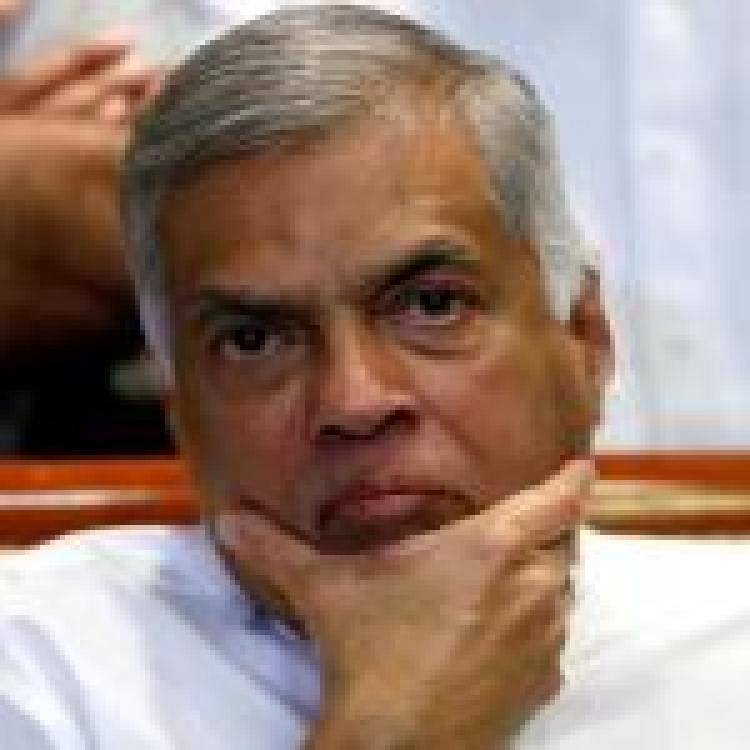![]()
The International Monetary Fund said Monday that its executive board has approved a nearly $3 billion bailout program for Sri Lanka over four years to help salvage the country’s bankrupt economy.
An IMF statement said about $333 million of the funding will be disbursed immediately and the approval will also open up financial support from other institutions.
“Sri Lanka has been facing tremendous economic and social challenges with a severe recession amid high inflation, depleted reserves, an unsustainable public debt, and heightened financial sector vulnerabilities,” the IMF statement quoted Managing Director Kristalina Georgieva as saying.
“Institutions and governance frameworks require deep reforms. For Sri Lanka to overcome the crisis, swift and timely implementation of the EFF-supported program with strong ownership for the reforms is critical.”
The office of Sri Lanka’s president said the IMF approval will unlock financing of up to $7 billion from the fund and other international multilateral financial institutions.
“From the very start, we committed to full transparency in all our discussions with financial institutions and with our creditors,” President Ranil Wickremesinghe said in a statement from his office. “I express my gratitude to the IMF and our international partners for their support as we look to get the economy back on track for the long term through prudent fiscal management and our ambitious reform agenda.”
The deal is designed to help restructure $95bn-worth of public debt — a figure that amounts to around 130 per cent of GDP — owed mostly to foreign governments and commercial lenders, including international and domestic bondholders. In return for the bailout, Sri Lankan authorities have agreed to far-reaching fiscal, monetary and governance reforms to fight corruption and raise tax revenues.
Foreign minister Ali Sabry told the BBC the government will raise funds by restructuring state-owned enterprises and privatising the national airline. Despite this military spending is the largest item in the south Asian nation’s budget. The country maintains one of the largest standing forces on a relative basis, with the vast majority of forces deployed across the Tamil North and East. The military has played an active role in isolating the Tamil populace from the economy. Through seizer of land and monopolies on businesses, Tamil businesses and communities are unable to compete with the undercut prices set by the military.
Analysts warned Sri Lanka still faces a tough road ahead. The country's economy has been hit hard by the pandemic, rising energy prices, populist tax cuts and inflation of more than 50%.
Andrew Wood, analyst at the S&P Global Ratings agency, said: "Sri Lanka still faces a long road toward consolidation of its government balance sheet, consistent economic growth, and external stability.
"We expect the economy to contract again in 2023, albeit at a more modest pace, before returning to growth in 2024."
Payouts will depend on Sri Lanka meeting the programme’s conditions, starting with an agreement with its creditors on how to restructure its public debts. The IMF would normally expect this to be largely complete before its first six-month review. But given the complexity of Sri Lanka’s debts, analysts say, reaching an agreement with all creditors could take 18 months.
Sri Lanka aims to announce a debt-restructuring strategy in April and step up talks with commercial creditors ahead of an International Monetary Fund review of a bailout package in six months.
The crisis-hit island has secured financing assurances from all its major bilateral creditors, including India and China, and so has set the stage for the IMF to give its final approval for a $2.9 billion, four-year bailout package on March 20.
Read more at the Financial Times and Associated Press




